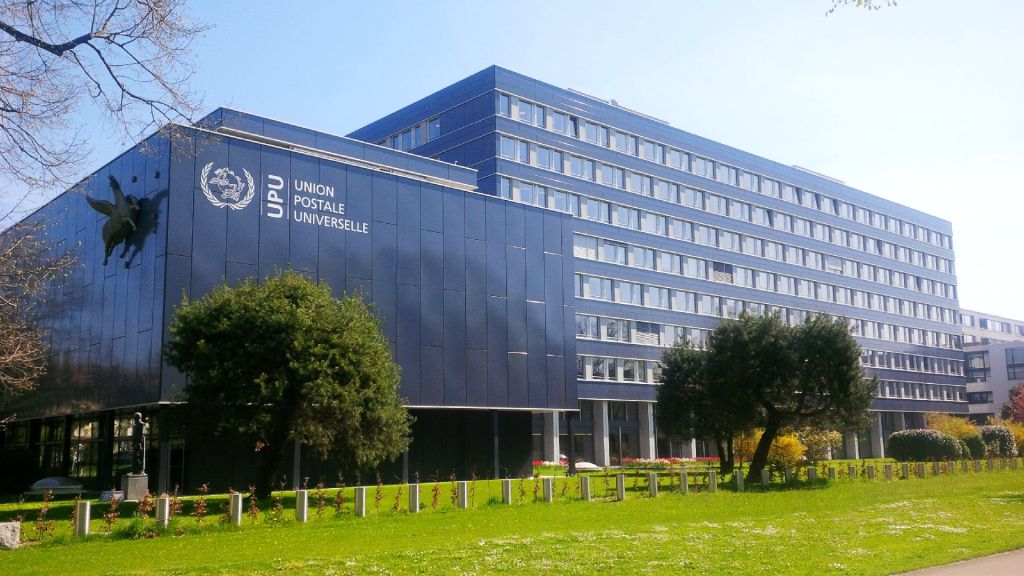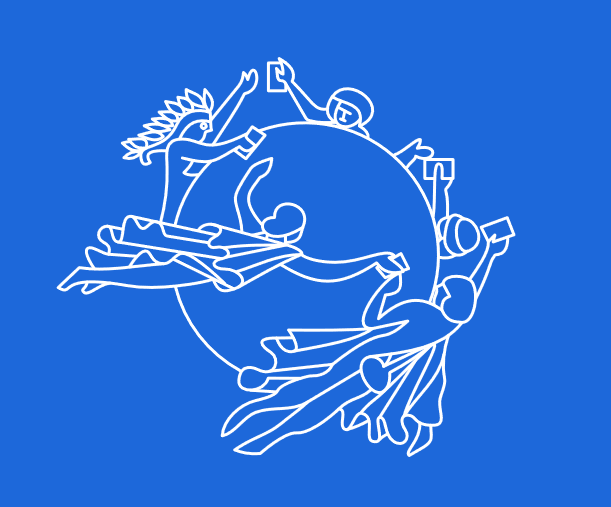- Home ›
- Digital Post Services ›
- World Post Day
World Post Day
9 October is World Post Day: Quo Vadis UPU?

9 October is World Post Day[1], a chance to consider today’s global postal network, and highlight current developments and challenges.
This year the Universal Post Union (UPU) celebrates its 141st anniversary. Whilst looking back on a proud history, its focus is clearly on the future, reengineering postal services to meet the demands of our digital world: the Istanbul World Postal Strategy is its blueprint for developing the global postal network through to 2020.
A unique network of unparalleled rights & responsibilities
- Uniquely global: 192 countries, 660,000 post offices, 440 billion letter-post items, 6.5 billion parcels, and 5 million employees
The UPU is a specialised agency of the United Nations responsible for regulating the global postal network on behalf of its 192 members, the world's nations. More than 5 million employees working in over 660,000 post offices all over the world handle a total of 440 billion letter-post items and 6 billion parcels each year within the world’s largest physical distribution network.
- Uniquely positioned: global rights & duties, a universal service
Fundamental & universal rights, such as the privacy of correspondence and the universal service obligation, covering delivery of letter-post items up to 2 KG in weight and parcel-post items up to 30 KG, are anchored in the UPU treaties. As is the special role of the 192 national postal administrations entrusted by the UPU with fulfilling the rights and duties as laid out in the UPU Convention.
- Uniquely privileged: special customs regulations; lucrative business sectors
As well as profiting from special customs regulations, postal operators also enjoy the right to provide postal financial services. These currently account for the majority of global money orders, largely used by workers sending funds home from abroad - an important contribution to GDP in threshold countries.
Future-proofing the global postal network
The Istanbul World Postal Strategy follows three key goals, to;
- Improve the interoperability of global network infrastructure: through quality of service, efficient and secure supply chains, the development of standards and ICT, and streamlined operational processes and regulations.
- Foster effective markets: by defining and developing the universal service obligation; development and cooperation measures; enhanced market and sectoral information; greater efficiency in the areas of policy, regulation and strategy; and environmental and sustainable development.
- Ensure sustainable and modern products: by modernising and fully integrating the product portfolio, and supporting remuneration and scheduling systems, accelerated development of e-commerce solutions, development of diverse products and services, and facilitating special post-specific trade.
A: Extending postal service provision into the digital world
As well as traditional postal and postal financial services, the UPU is increasingly focusing on providing secure, electronic postal services. They involve all the same rights and duties as the traditional, analogue letter-post services on which they are based.

The extension of postal service provision into the
internet is being actively driven by all 192 UPU member states. In 2012 the UPU
launched its new, digital postal network, run and managed by the UPU member
states with electronic postal services offered under the Top Level Domain
".post".
These electronic postal services include:
- Electronic mail, an electronic postal service involving the transmission of electronic messages and information by designated operators
- Electronic postal registered mail, a secure, electronic postal service that provides proof of sending and proof of delivery of an electronic message and a secure communication channel to the authenticated users
- Electronic postal certification mark, providing evidentiary proof of an electronic event, in a given form, at a given time, and involving one or more parties
- Electronic postal mailbox, allowing electronic messages to be sent by an authenticated mailer, and delivery and storage of electronic messages and information for the authenticated addressee.
B: Sector-specific data protection
Extending postal service provision into the digital world has been accompanied by a clear tightening of postal data protection regulations, covering both e-commerce services and electronic postal services.
As a result, postal operators may only use the personal data they gather about users for the purpose for which the information was gathered - to identify the postal service user. They must uphold the confidentiality and security of personal data on users, tell their customers how their personal data was used, and why it was gathered.
2016 will decide the future of the UPU
The UPU was designed as a global network in which its members enjoy equal rights and privileges, and are bound to the same treaties and obligations.
However, technological developments themselves can’t make the UPU fit for the future if it does not remain committed to retaining this level playing field, actively promoting and supporting its model of cooperation amongst equals.

Fundamental changes need to be made to today’s regime of termination fees so that the delivery of letter post and parcel post items reflects the needs of customers ordering, sending and returning e-commerce goods and services worldwide.
Larger and more powerful UPU members are taking advantage of today’s system of terminal dues and inward land rates, enjoying financial advantages from being assigned to termination groups which neither reflect their actual economic status, nor the nature and spirit of the Universal Postal Union.
At the 26th UPU Congress is Istanbul in 2016 nothing less than the existence of the global postal network is at stake.
Either it will succeed in returning the UPU to a partnership of equals, protecting the rights of communication and integrity of its users within a secure network, for the benefit of each and every one of us – the senders and receivers.
Or it will disintegrate into a network in which a few major players force through bilateral and multilateral contracts designed specifically to exclude the majority of postal services and their users from any role in shaping the network, in order to boost their own bottom line and that of their private investors. Should this happen, we all lose.
[1] World Post Day is held each year on 9 October to mark the founding of the Universal Postal Union (UPU) in Switzerland's capital Bern in 1874. World Post Day was declared a commemoration day at the UPU congress in Tokyo, in 1969. Since that date, every country in the world celebrates this occasion. Postal operators in many countries use this day to present new postal products and services, organise exhibitions of stamps, and issue special first editions. Many postal operators host open days at post offices and postal museums, run conferences, seminars and workshops, as well as initiating other cultural, sporting and leisure activities. Working together with UNESCO, the UPU has run an annual letter-writing competition for young people since 1980, handing over prizes to the winners on World Post Day.
- Home ›
- Digital Post Services ›
- World Post Day
Does this article cover a topic relevant to your business? Access the CLS Business Lounge for the market intelligence you need to stay ahead of the crowd. Find out more




















